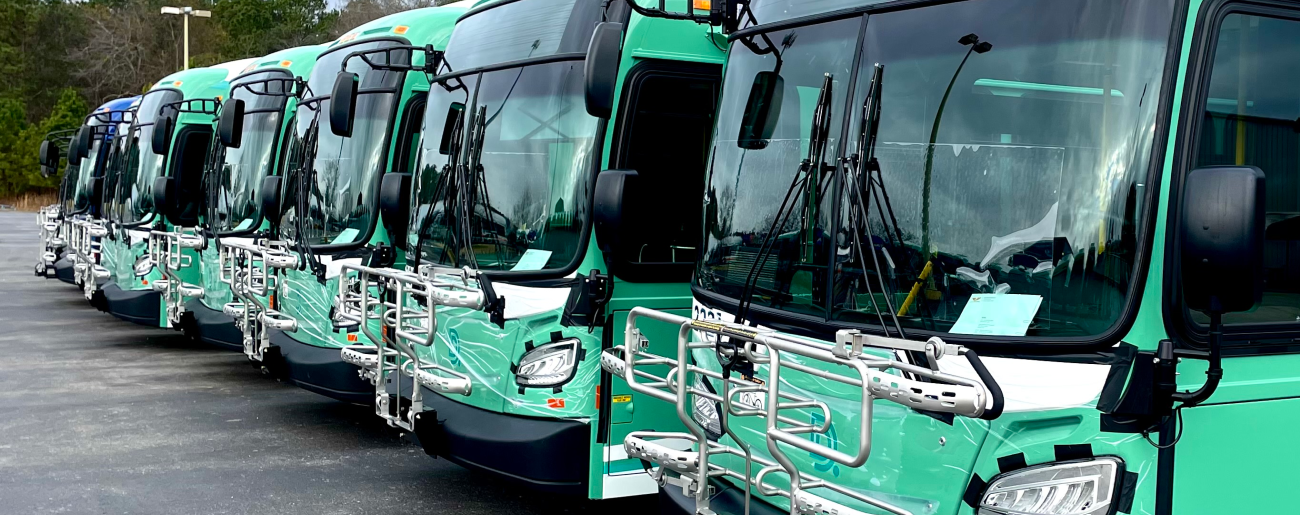
Commercial Truck and Bus Tires
Every day, millions of people and products are on the move and much of it is by roads. For businesses, the timely and reliable movement of goods is essential to competitiveness in a connected world. For communities around the world, people rely on buses to get where they need, reliably and affordably.
Commercial fleet operators and transit agencies are faced with increasing demand, higher fuel and maintenance costs. Although commercial vehicles are becoming more connected with on-board telematics, the adoption of tire pressure and temperature monitoring has been slow. This is changing as fleet operators are connecting the dots and looking to fill in the last missing data from tires. In addition, the move to autonomous operation is also quickening the pace of adoption.
Proper tire pressure management promises greater safety, lower downtime and better fuel mileage. Of course, it does. Our parents told us to check our tire pressures often when we got our first car. This simple advice still holds true today. Improper tire inflation leads to faster wear, failures, and wasted fuel.
Tires lose 2 psi of pressure each month through normal leakage. When a tire is severely under inflated, the sidewalls take on additional stress which can lead to structural failure. The operational downtime and cost due to a tire failure are substantial. Under inflation even at nominal rates produces greater rolling resistance which requires more energy to turn the wheel.
Whether the fleet is powered by diesel, CNG or electricity, there is a direct relationship between rolling resistance and energy consumption. According to the US Department of Energy, fuel consumption increases by up to 3% when a tire is under inflated by just 10 psi.
What makes it even more significant is that rolling resistance is greater when a vehicle is operating at lower speeds with frequent stops. With proper tire monitoring and management, fleets can increase safety, reduce downtime and conserve energy.
SST Wireless offers a proven system that delivers reliable and accurate performance for heavy duty commercial vehicles. Our Tire Pressure Monitoring System (TPMS) based on our proven platform for giant mine haul trucks has been available as an OEM option with the largest bus manufacturer in North America since 2015.
Manufacturers and fleet operators are realizing that not all tire sensors are the same. Passenger vehicles do not operate the same way as commercial vehicles. In fact, passenger vehicles spend most of their useful life, parked. Commercial sensors and gateways need to be designed and manufactured to meet the demands of continuous operations, stop and go driving, variable load capacity and road conditions.
SST’s Commercial tire sensors install quickly using a quick adjust nylon strap or magnetic adapters. They report every 12 seconds to detect sudden changes in pressure and temperature. Combined with SST’s new Anvil gateway, fleet operators can also detect leaks and communicate the information directly to the on-board system or third-party telematics using a J1939 CANBus connection.
